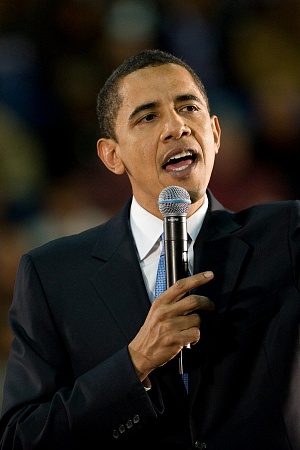The problem of belonging: The Twitter mob is a threat to writers and journalists
In early August, deep in the winter of Melbourne’s stage-four discontent, journalist Rachel Baxendale became the story. The Victorian political reporter for The Australian newspaper was attacked online for questioning Premier Daniel Andrews on his government’s hotel quarantine program, as an explosion of new coronavirus infections caused unprecedented economic shutdown and the curtailment of civil liberties. As thousands of people watched the premier’s live press briefings from their living rooms, Baxendale assiduously probed Andrews about the use of security guards instead of Australian Defence Force personnel to guard returned travellers.
It was an uncontroversial line of questioning; reporters, after all, are not responsible for telegraphing the government line, for emollient Dorothy Dixers, or for solicitous enquiry. But many on social media thought otherwise and for five days straight they flooded Baxendale’s Twitter account with invective. Some accused Baxendale of being a Murdoch shill, hell-bent on dismantling Andrews’s Labor government, while others berated her for failing to ask the premier ‘one single supportive question’. (Some of the more disturbing comments contained explicit death threats, which Victorian government health minister Jenny Mikakos alerted her to). As Baxendale told ABR: ‘While I am not actively attempting to undermine the government’s health message, my job is not to ask supportive questions. In fact, I will often ask questions that are not reflective of my own personal stance, but are part of my job as a journalist to hold all politicians to account.’
Continue reading for only $10 per month. Subscribe and gain full access to Australian Book Review. Already a subscriber? Sign in. If you need assistance, feel free to contact us.














Comments (4)
Surely, it is possible to disagree with what some reporters extract from press conferences and churn into commentary, but believe more broadly in the journalist’s right to do her work without death threats or trolling on Twitter.
A good trick on most social media platforms is to set up a word filter containing commonplace pronouns and joining words, as well as typical abuse words. It shuts down most of the hogwash (although the poster of the invective continues under the delusion that they have done their worst).
Leave a comment
If you are an ABR subscriber, you will need to sign in to post a comment.
If you have forgotten your sign in details, or if you receive an error message when trying to submit your comment, please email your comment (and the name of the article to which it relates) to ABR Comments. We will review your comment and, subject to approval, we will post it under your name.
Please note that all comments must be approved by ABR and comply with our Terms & Conditions.